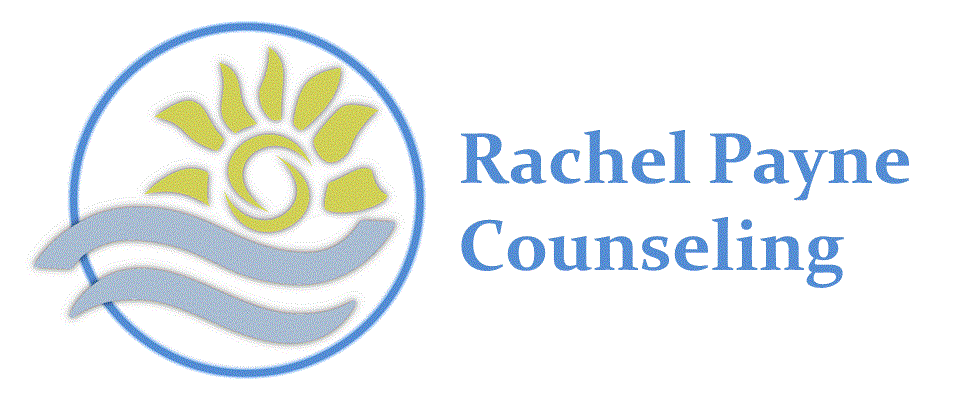Counseling Influences: Part 4 - Family Systems Theory
/Family Systems Theory will be the last in this blog series that explain my counseling influences and what guides my approach during counseling - everything from how I conceptualize the overall arc of a client in counseling (Adlerian Theory - Blog 1), to my worldview and beliefs on how people change and grow (Biblical Counseling - Blog 2), to treatment planning and skills I use in any given counseling session (Cognitive Behavioral Therapy - Blog 3).
Family Systems Theory views families as tightly intertwined, emotional connected units made up of individual members who must be understood within the framework of the family unit. Each member in the family unit has a unique identity, certain boundaries they enforces, and specific roles they play. These dynamics create patterns in how individual members or groups of members interact, which can provide balance or dysfunction. If one member of the family unit begins to change, the entire system must change as well - for better or worse. Family Systems Theory evaluates dysfunctional patterns and tries different interventions for different members to resolve the dysfunction.
Some of the major elements of Family Systems Theory are:
- Triangles/Alliances - two or more members aligning themselves against another
- Differentiation of Self - likelihood of one member to depend on acceptance or approval from other members
- Projection/transmission - moving emotional problems from one member to another
- Emotional Cutoff - removing emotional connection with the family unit as an act of avoidance
- Sibling Position - impact of birth order on behavior and exceptions
Family Systems Theory is most directly helpful when dealing with family therapy sessions, but the tenants also give helpful insight into individual counseling and couples therapy. For example, if an individual client comes in for anger and depression, it may be helpful to understand their family system that might be adding to or causing these symptoms. Of if a couple comes in for marriage counseling, it is certainly important to know about the family roles and relationships.
For more resources on Family Systems Theory, check out The Bowen Center, Systems Theory in Action, or Systems Theory and Family Therapy.
I hope this overview of my counseling influences was helpful and you understand more of how I do counseling and what you could expect from counseling with me.

